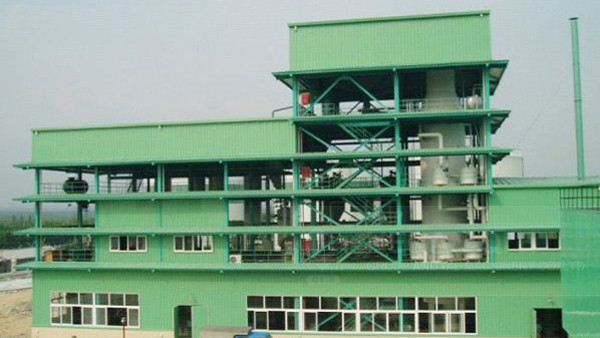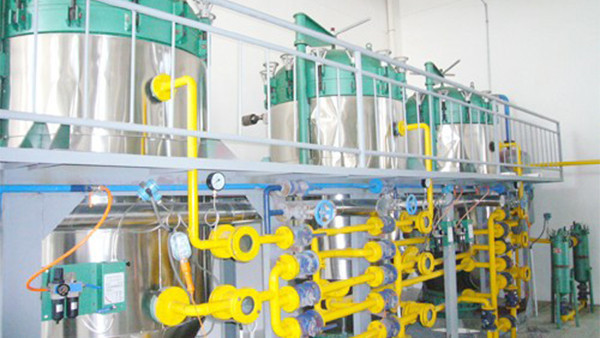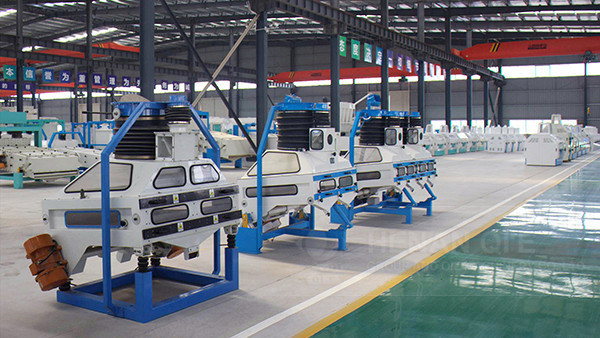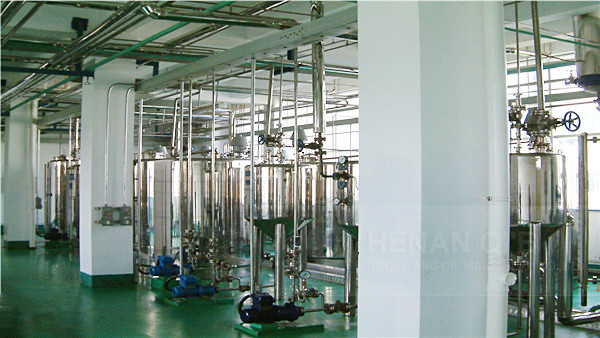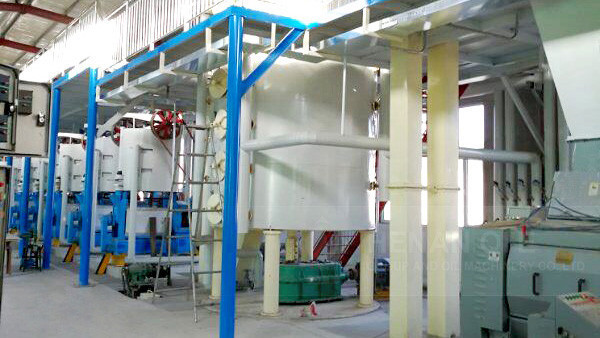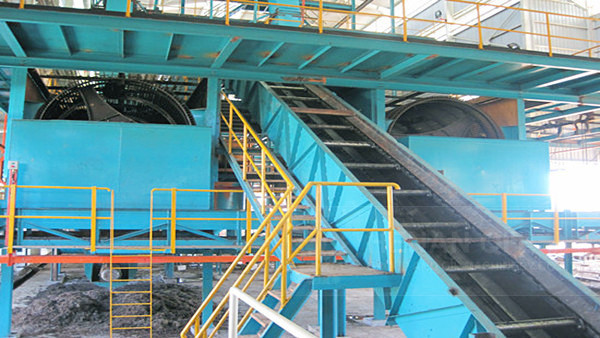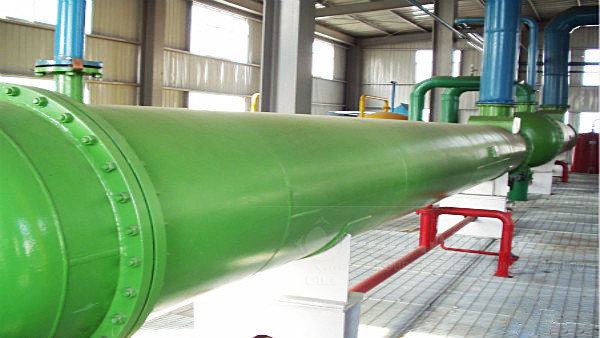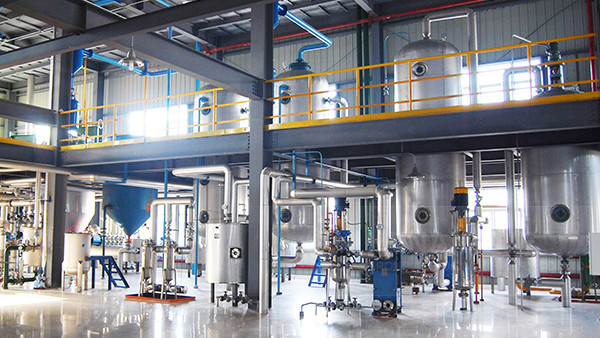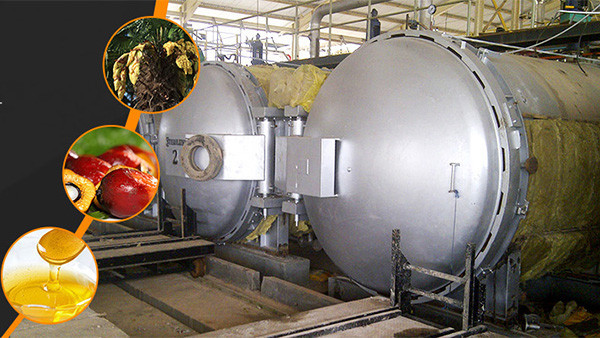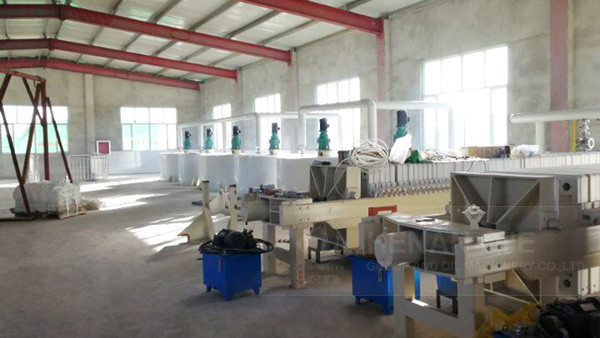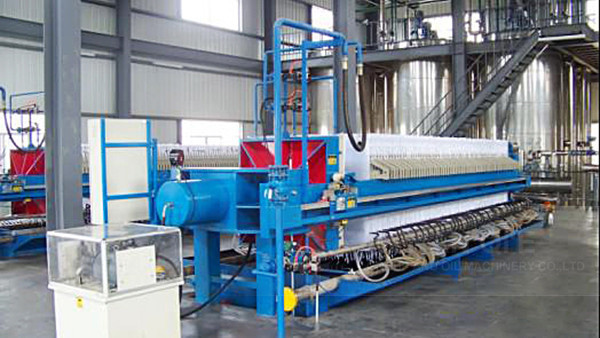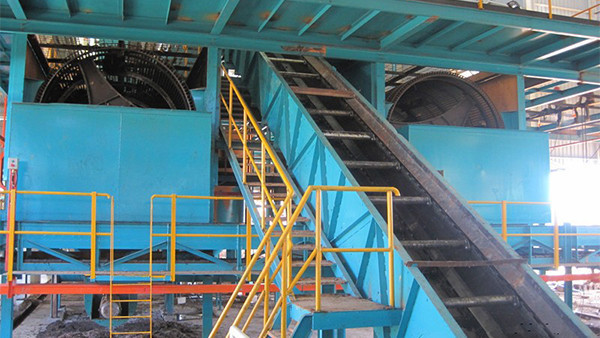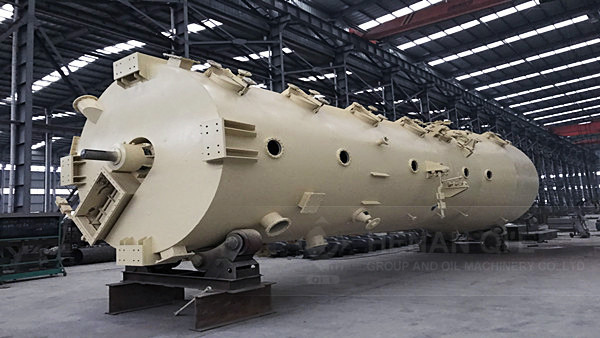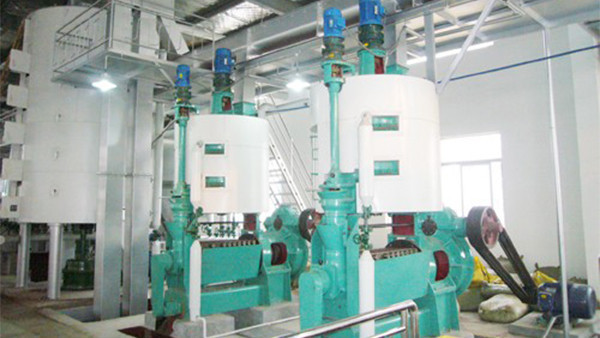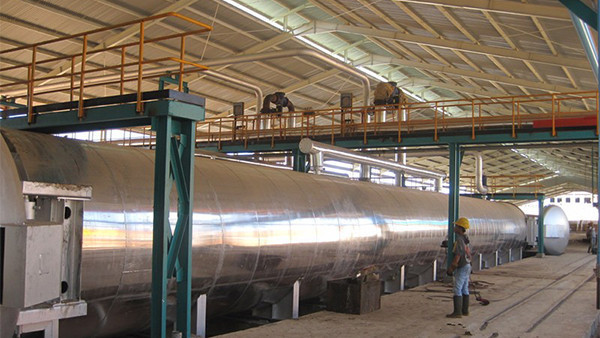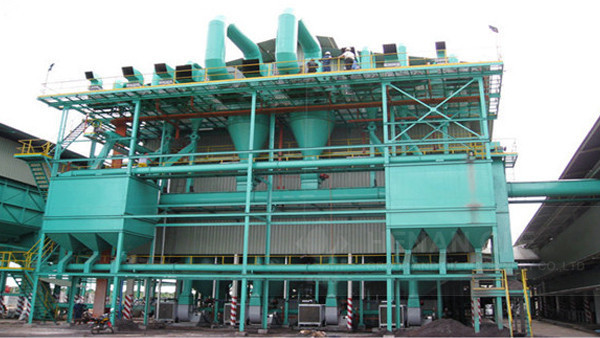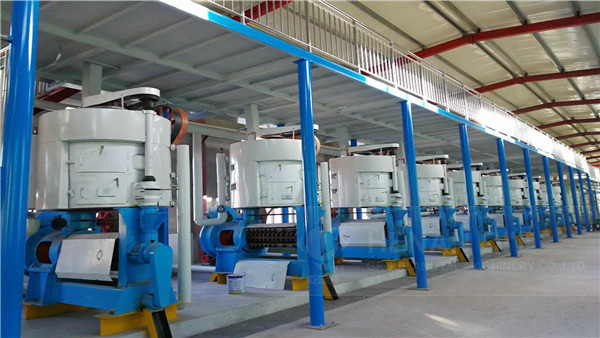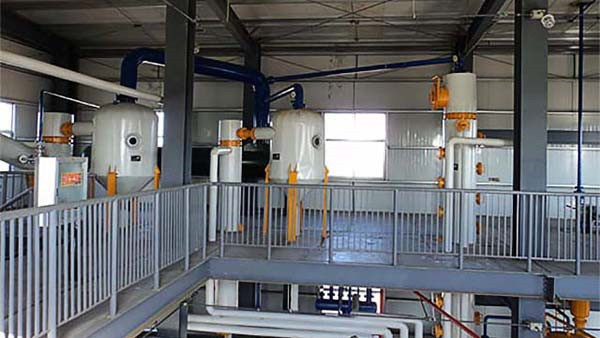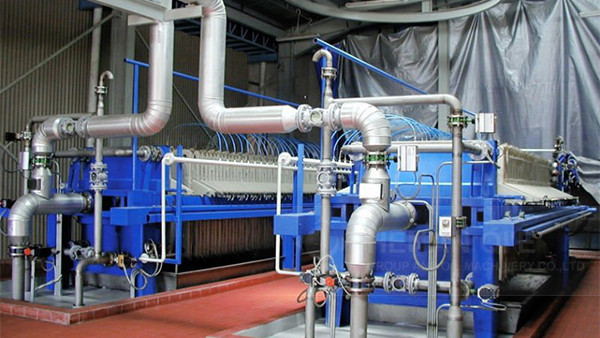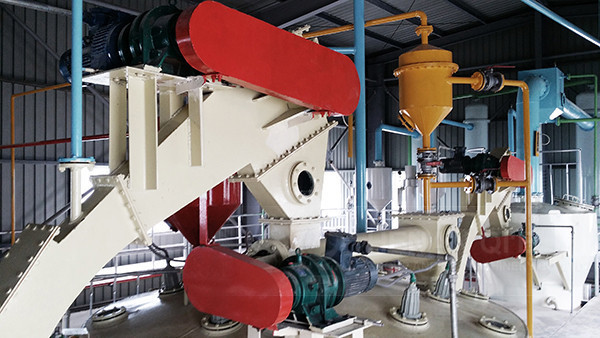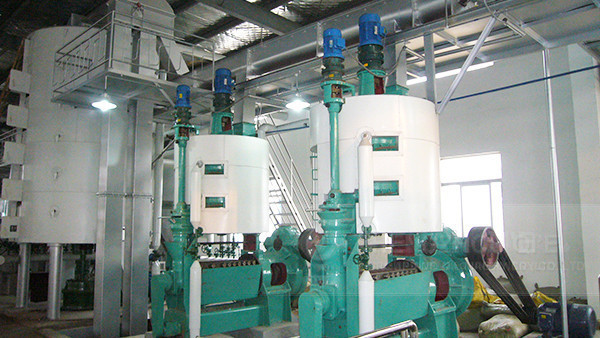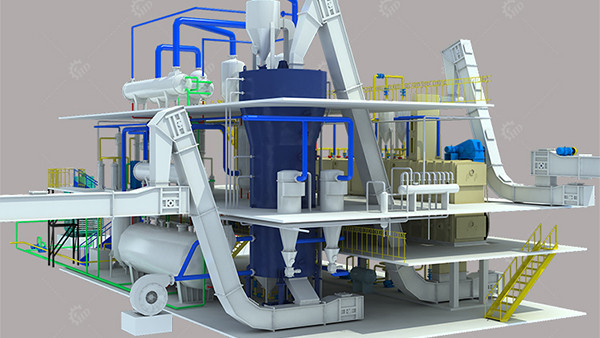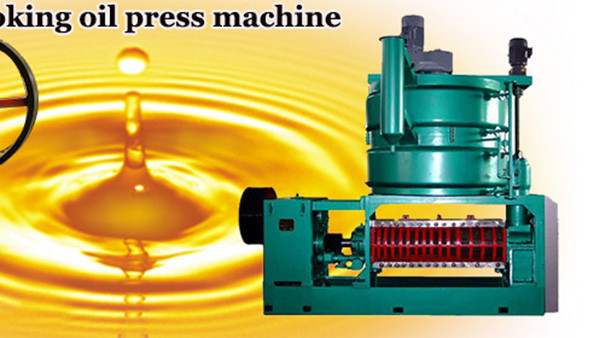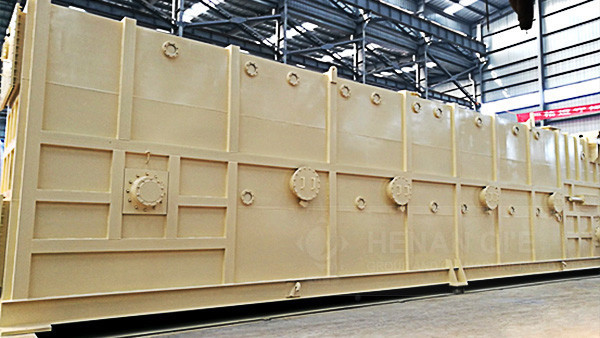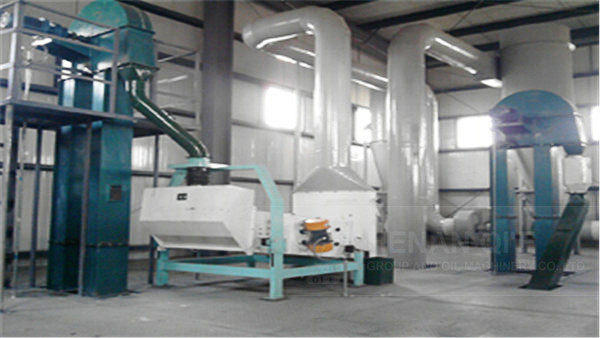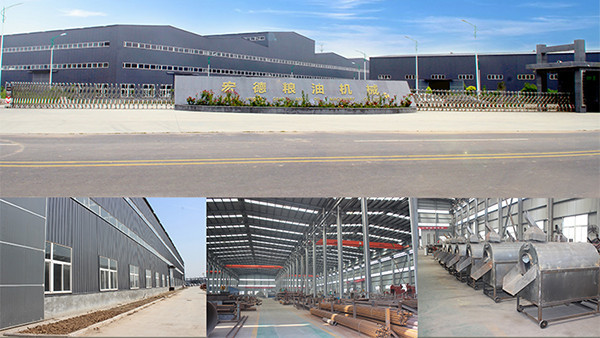
Worldwide production major vegetable oils 2012-2024
Feb 13, 2024. The production volume of vegetable oil in the 2023/24 crop year exceeded 220 million metric tons worldwide. Among the major categories of vegetable oil, palm oil had the highest
Get Inquiry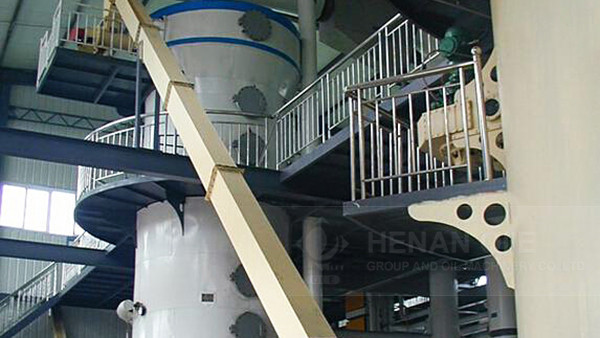
Degradation of the oxirane ring of epoxidized vegetable oils
Amberlite 120H was also used by a group of Campanella and Baltanas, who investigated the bi-phasic modeling of soybean oil epoxidation as well as ring-opening reactions [100], by the group of Goud
Get Inquiry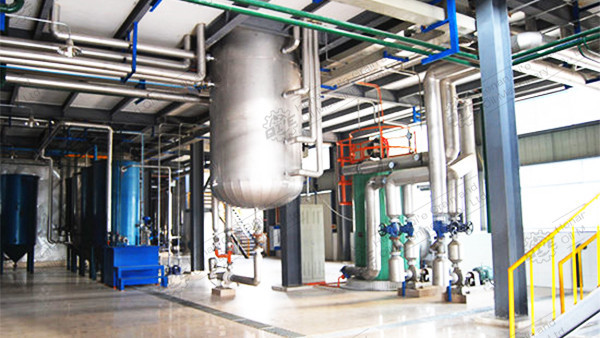
Catalytic developments in the epoxidation of vegetable oils and the
As expected, the system provides the final epoxidized oil with a lower AV of 2.57 ¡À 0.11 and the epoxy oxygen content (EOC) of 6.84 ¡À 0.21% reaching an oxirane conversion of 96.4 ¡À 3.0%. 46 Warwel et al. 155 produced epoxidized vegetable oils with very high yields and repeated catalyst reusability (up to 15 times).
Get Inquiry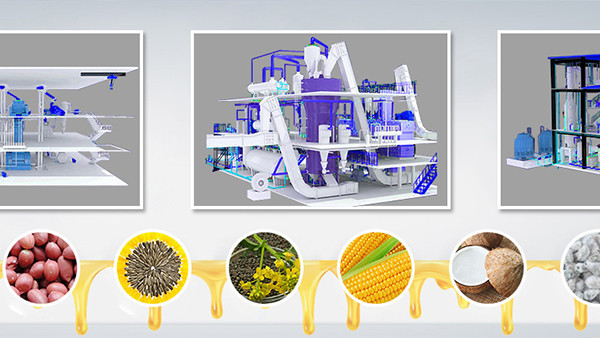
Degradation of the oxirane ring of epoxidized vegetable oils in liquid
The world production of epoxidized vegetable oil, mainly epoxidized soybean oil, is continuously increasing because this product can have a wide range of applications.
Get Inquiry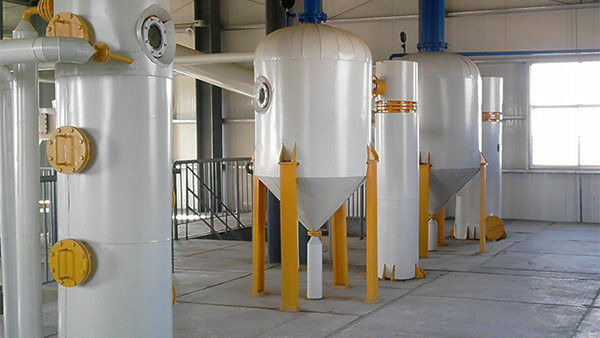
Influence of gas-liquid mass transfer on kinetic ... - ScienceDirect
An attractive route for the production of these NIPUs is the carbonation of epoxidized vegetable oils. As illustrated by Fig. 1, the production route is greener, and CO 2 and biomass materials are used. It can be noticed that the production of epoxidized and carbonated vegetable oils are the key intermediates during this process.
Get Inquiry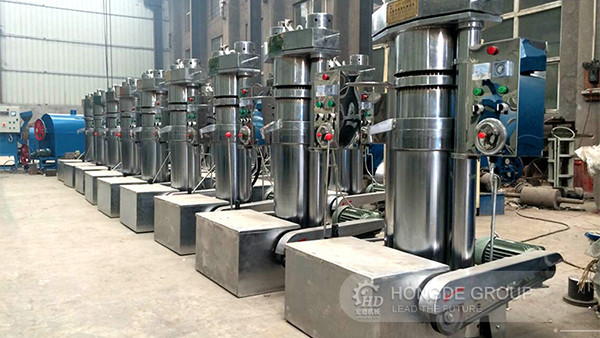
Influence of gas-liquid mass transfer on kinetic ... - ScienceDirect
An attractive route for the production of these NIPUs is the carbonation of epoxidized vegetable oils. As illustrated by Fig. 1, the production route is greener, and CO 2 and biomass materials are used. It can be noticed that the production of epoxidized and carbonated vegetable oils are the key intermediates during this process.
Get Inquiry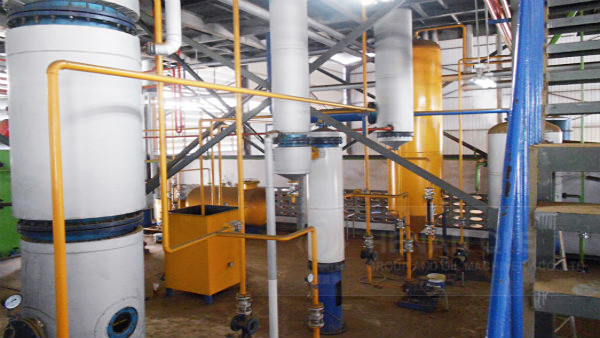
Chapter 3. Materials from Vegetable Oils: Major Sources ...
Hence, on an industrial scale, vegetable oils are used, for example, for bio-polyamides production [7], for which, by modifying selected vegetable oils, both essential fatty acids and amines [8
Get Inquiry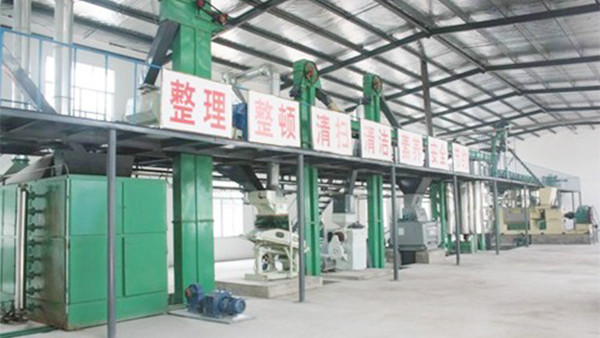
Degradation of the oxirane ring of epoxidized vegetable oils in liquid
The world production of epoxidized vegetable oil, mainly epoxidized soybean oil, is continuously increasing because this product can have a wide range of applications.
Get Inquiry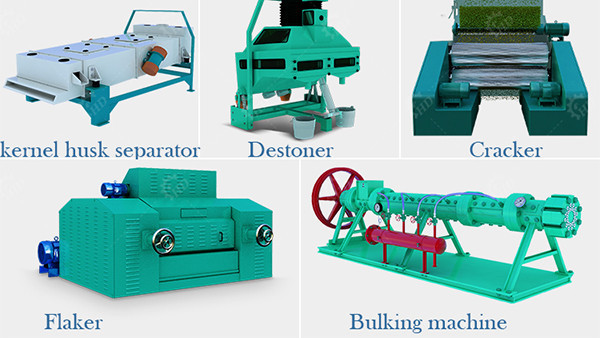
Green approach for the preparation of biodegradable lubricant base
A novel process for the production of biodegradable lubricant-based stocks from epoxidized vegetable oil with a lower pour point via cationic ion-exchange resins as catalysts was developed. This involves two steps, first, ring-opening reactions by alcoholysis followed by esterification of the resultant hydroxy group in the first step.
Get Inquiry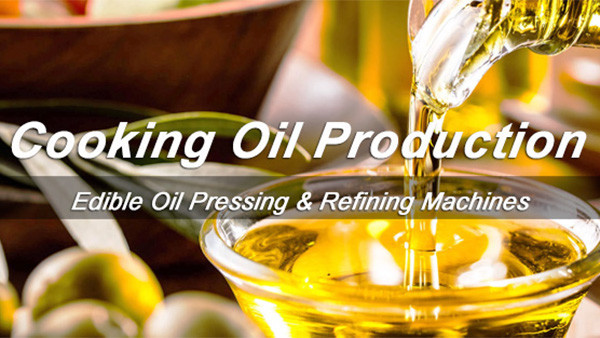
EPOXIDATED VEGETABLE OILS: PREPARATION, PROPERTIES AND ...
mln.t. Correspondingly, the world production of main VOs increased from 95 mln.t in 2002/2003 . ... Only in recent years it began to use widely the epoxidized vegetable oils (EVO) in the .
Get Inquiry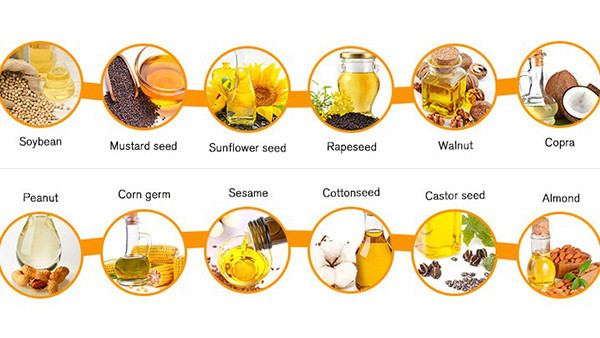
Sustainable Series of New Epoxidized Vegetable Oil-Based Thermosets
This work reports for the first time the copolymerization studies of 11 newly synthesized epoxidized vegetable oils (EVOs) that reacted with a disulfide-based aromatic dicarboxylic acid (DCA) to produce thermoset materials with recyclability properties. These new EVOs¡¯ reactivity and properties were compared with those of the two commercial references: epoxidized linseed oil (ELO) and
Get Inquiry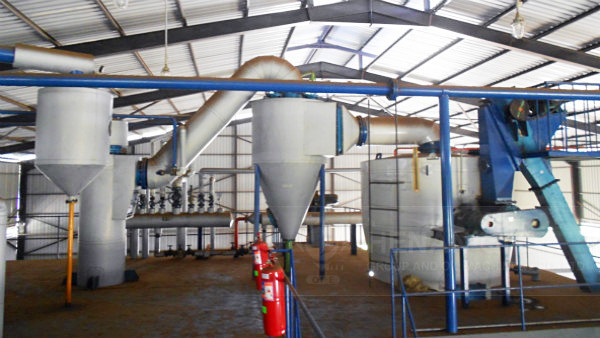
Catalytic developments in the epoxidation of vegetable oils and the
As expected, the system provides the final epoxidized oil with a lower AV of 2.57 ¡À 0.11 and the epoxy oxygen content (EOC) of 6.84 ¡À 0.21% reaching an oxirane conversion of 96.4 ¡À 3.0%. 46 Warwel et al. 155 produced epoxidized vegetable oils with very high yields and repeated catalyst reusability (up to 15 times).
Get Inquiry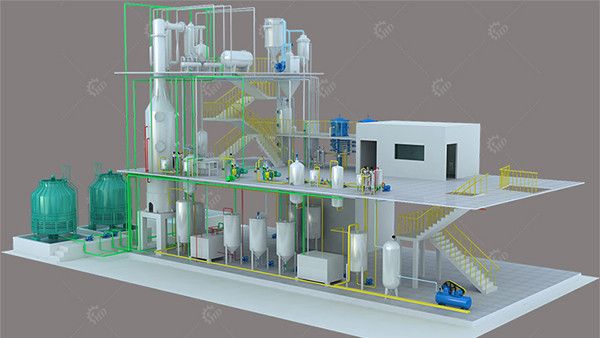
Vegetable oils as bio-based precursors for epoxies
Abstract. Epoxy is widely used in industry and has a wide range of applications, including material coating, electronics, adhesives, and fiber-reinforced plastics, but its production from fossil fuels pollutes the environment. Epoxidized vegetable oils (EVOs) are a strong contender to replace epoxy products made from fossil fuels because they
Get Inquiry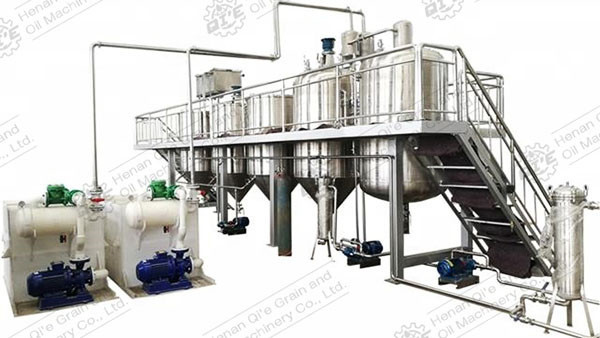
RECENT ADVANCES IN EPOXIDATION OF VEGETABLE OILS - JETIR
The world production of major vegetable oils has risen from 95 million tonnes in 2002/2003 to 154 million tonnes in 2012/2013 at an average rate just over 5 million tonnes a year. Majority of vegetable oils are produced for domestic purposes while a few minor vegetable oils like linseed oil and castor are used for industrial purposes.
Get Inquiry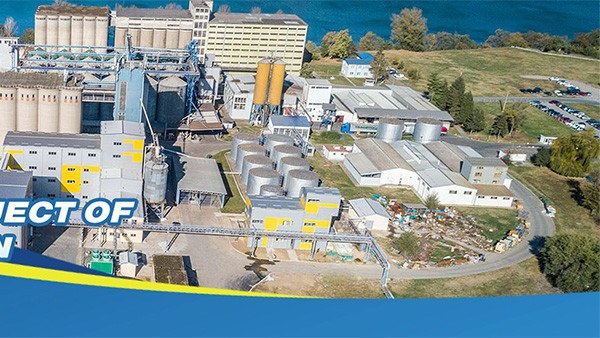
Sustainable access to fully biobased epoxidized vegetable oil thermoset
Finally, thanks to a correct selection of vegetable oils and epoxidation process parameters, a set of 12 epoxidized vegetable oils was prepared and 1 H qNMR enable determining epoxy index (EI) from 2.77 m eq. g ?1 (EVO 1) to 6.77 m eq. g ?1 (EVO 12) or epoxy equivalent weight (EEW) from 148 to 361 g eq. ?1.
Get Inquiry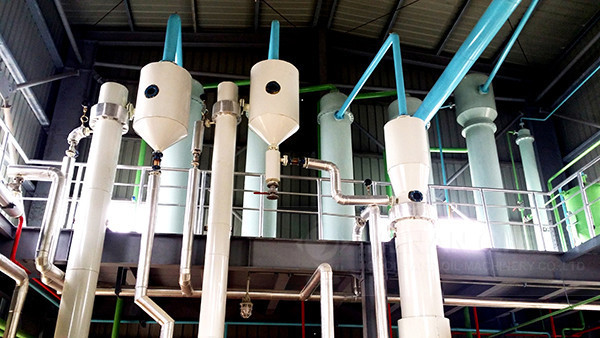
Highly efficient epoxidation of vegetable oils ... - RSC Publishing
Epoxidized vegetable oils (EVOs) are versatile building blocks for lubricants, plasticizers, polyvinyl chloride (PVC) stabilizers, and surface coating formulations. In this paper, a catalytic protocol for the efficient epoxidation of vegetable oils is presented that is based on a combination of a manganese catalyst, H 2 O 2 as an oxidant, and acetic acid as an additive.
Get Inquiry
A critical review on vegetable oil-based bio-lubricants: preparation
Epoxidized vegetable oils present an opportunity to create a more sustainable and eco-friendly economy. The epoxidation process is often accelerated through heterogeneous and homogeneous catalysts, such as sulphuric acid and ion exchange resin, to obtain higher yields in fewer hours (Aguilera et al., 2019).
Get Inquiry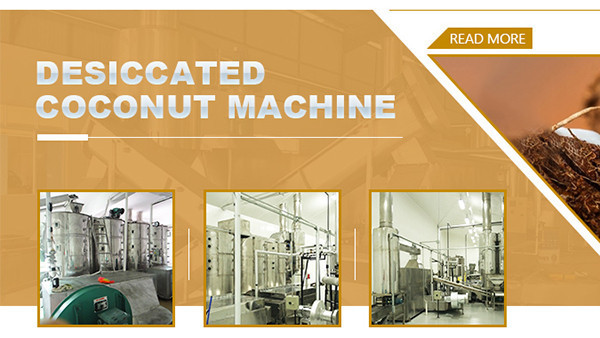
Biobased Epoxidized Vegetable Oils and Its Greener Epoxy Blends: A
Epoxidized vegetable oils (EVO) have drawn much attention in recent years, especially in the polymer industry as they are economical, available, environmentally friendly, non-noxious and renewable. Vegetable oils can be transformed into useful polymerizable oxygenated monomers commonly by Prileshajev-epoxidation, catalytic epoxidation using acidic ion exchange resin, chemo-enzymatic
Get Inquiry
Catalytic developments in the epoxidation of vegetable oils and the
These epoxidized vegetable oils were commonly used as PVC plasticizers (primary 61 and secondary 62¨C64) to entirely or partially replace detrimental phthalates, low-temperature lubricants, 51 and high-temperature lubricants, 65 stabilizers for PVC and starting materials to produce polyols and prepolymers in surface coating formulations and to synthesize polyurethane foams. 66,67 Epoxidized
Get Inquiry
